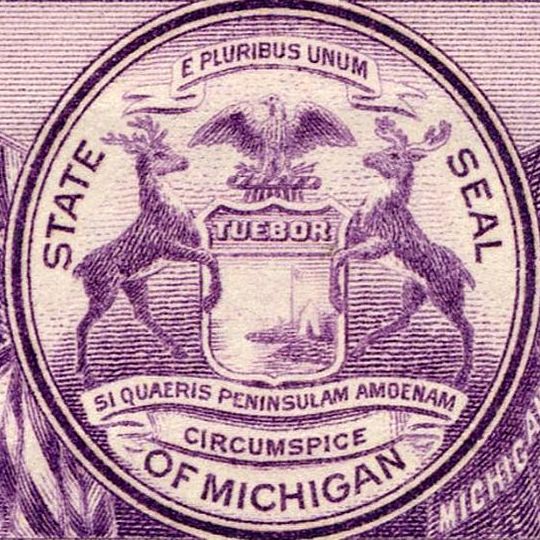The Michigan Department of Natural Resources invites the public to meet in person Tuesday, Jan. 21, 6 to 8 p.m. CST (7 to 9 p.m. EST) to discuss walleye regulation changes for Lake Gogebic. The public meeting will be held at the Marenisco Village Township Hall, 314 Hall St. in Merriweather.
Lake Gogebic, the largest inland lake in the Upper Peninsula, currently falls under the existing statewide regulation for walleye: There is a 15-inch minimum size requirement and a daily possession limit of five fish.
The regulation change to be considered for public input adds a protected slot limit. This means that anglers would not be able to possess any walleye measuring between 18 inches and 23 inches in the daily possession limit of five fish and could possess only one walleye 23 inches or greater.
Lake Gogebic walleye caught during the 2017 population estimate survey.
The Management Plan for Walleye in Michigan’s Inland Waters was published in 2021 and provides a framework to guide walleye management efforts. Using guidance from the management plan, the primary goals of this regulation proposal are to increase spawning stock and promote long-term resiliency of the species in more variable environmental conditions. Regulation changes such as this one must be approved by the Michigan Natural Resources Commission, after soliciting public feedback. The proposal also will be shared at the spring Conversations and Coffee meetings and through citizens advisory groups. Dates and times for the Conversations and Coffee meetings will be announced in an upcoming news release
Anyone unable to attend the Jan. 21 in-person meeting is invited share their comments regarding this regulation proposal by completing this form: forms.office.com/g/VrCXxJMD11. Comments shared in person and digitally will be considered.
The Department of Natural Resources is committed to providing Michigan residents the opportunity to share input and ideas on policy decisions, programs and other aspects of natural resource management. To learn more about how the DNR manages Michigan’s fisheries for current and future generations, visit Michigan.gov/Fishing.

